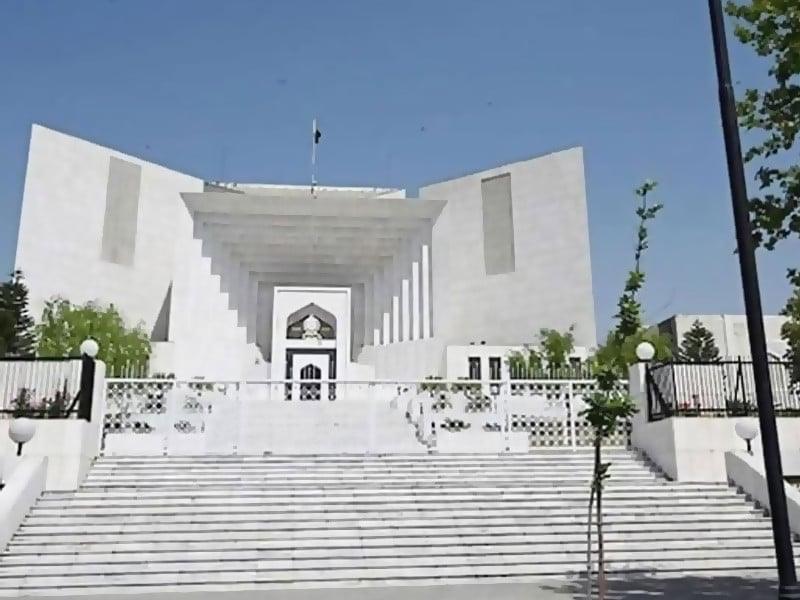Islamabad:
The Supreme Court has ruled that proportionality must be applied with discipline, care and sensitivity to the context, especially in cases involving fundamental rights and human dignity.
In a matter of service that involves a sub -inspector, the Apex court emphasized that the principle of proportionality offers a structured framework for the judicial review of administrative actions.
The four -page judgment, written by Judge Syed Mansoor Ali Shah, explained that the principle of proportionality provides a structured framework for the judicial review of administrative actions.
“Developed in several constitutional jurisdictions, it implies a four -step proof: (i) the measure must follow a legitimate objective; (ii) to be adequate to achieve that objective; (iii) it is necessary, since there is no less restrictive alternative; and (iv) reach a fair balance between the impact of the measure on individual law and public interest.”
This court has recently introduced this four -stage test to evaluate the legality and equity of administrative and disciplinary decisions. Such a framework ensures that any interference with the rights is justified, necessary and legal, “reads the four -page order.
The sentence was approved in a service issue where the Punjab Service Court had partially allowed the appeal of a sub -inspector and modified the fine of a two -stage stage to a reduction in a payment stage through an order of February 2, 2016.
According to the court, while an investigation had been conducted, the Prosecutor’s Office “could not even produce a pinch of evidence” to corroborate the accusations. A Division Bank of the Apex Court, led by Judge Shah, heard the appeal of the sub -inspector against the court ruling.
The Order said that despite these clear findings, the court only chose to reduce penalty instead of exonerating the petitioner.
“It seems that the court was based, although implicitly, in the principle of proportionality, finding the original penalty disproportionate to alleged misconduct. However, this request was legally defective and logically inconsistent with its own conclusion when no misconduct was established. Apart, vary or modify the challenged orders.
The court indicated that judicial interference in disciplinary sanctions is only justified when the punishment is “arbitrary, perverse or based on irrelevant considerations.” “Once the court discovered that the accusations were totally founded, the only legal result was to exonerate the petitioner.”
The sentence elaborated even more than proportionality encourages a stable and systematic method for constitutional award.




